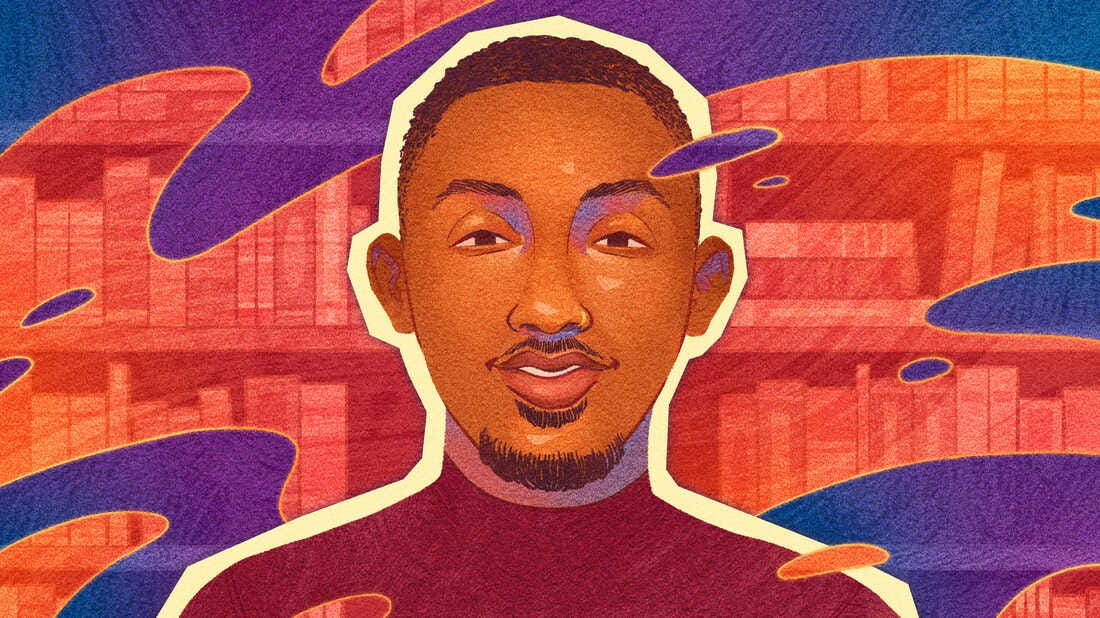Happy first weekend of Black History Month! Hopefully, you’ve had a chance to order or download your copy of George M. Johnson’s All Boys Aren’t Blue for our Liberation Book Club. Read or listen at your own pace. There’s no pressure here and our weekly chats will name if there are spoiler alerts. So, feel free to hop in those at any time.
I shared on social that reading books like All Boys Aren’t Blue is a form of activism. The act of reading is a historical protest for my people, Black people. The denial of our literacy continues today through the underfunding of our schools and colleges and yes, the banning of our books. The practice of leisure reading is a privilege that many of us aren’t at liberty to enjoy. (When I write with us/our, I am likely referring to Black Americans.) The expense of books, the lack of free time, and the trauma of substandard education produce barriers to a widespread love of reading in our community. But, if our minds weren’t brilliant and our words not powerful, the continued assault on both would be for naught. That’s why reading is activism. That’s why reading and buying the work of authors like George M. Johnson, who expand our worldview and create home for those whose place has been denied, matters.
All Boys Aren’t Blue has been banned in 29 school districts and Johnson’s home state of New Jersey is attempting to ban it completely. NPR recently interviewed Johnson about their influences, purpose, and thoughts on the bans.
It's like, if you don't want your student to read it, that's fine. Just opt your child out. But to try and dictate that other students who you know need this text, students who have publicly on record said that works like mine have saved their lives; works like mine have helped them name their abusers; works like mine have helped them come to terms with who they are and feel validated in the fact that there is somebody else that exists in the world like them - and you want to remove that from them? I just think it's sad at the end of the day, right?
An excerpt from George M. Johnson’s interview with NPR, January 2023. Full interview with transcript here.
I recommend taking a moment to read or listen to Johnson’s interview. It is a great way to ground yourself in their world while reading their work.
Each Sunday, I’ll drop a conversation prompt here for us to discuss as we’re reading/listening. This will culminate in our zoom book chat on Feb 26. (I’m working up the nerve to invite George Johnson, but because imposter syndrome is a b... I haven’t yet!).
Week 1 Discussion Prompts
Respond in the comment section and feel free to engage with each other.
Johnson writes in the introduction to All Boys Aren’t Blue that they wrote this book “to give a voice to so many from marginalized communities whose experiences have not yet been captured between the pages of a book.”
How does this set the tone for the essays to come?
Why is making space important? How does Johnson accomplish this (note spoilers if you include them)?
What other authors and books have made space for your own identity?
What authors and books have expanded your world to make space for others?
I can’t wait to read your responses. I can’t overstate the joy and excitement I have about our book club. Thank you for being a part of Liberation. 🖤





In my childhood there was little room for differences. So many masked and overcompensated or were bullied. I always felt like there was a tiny margin of acceptability. Anyone outside of those parameters would be ostracized. I have often wondered if other people felt this way growing up in my town.
My background and Johnson’s are about as dissimilar as can be but his writing has a universal quality that is both enjoyable to read and easy to relate to despite having different struggles.
As I read I keep thinking "who in my school was masking all these different ways?" Especially the queerness. This book is making space in my remembered past for other stories and experiences that were covered up and hidden for survival.